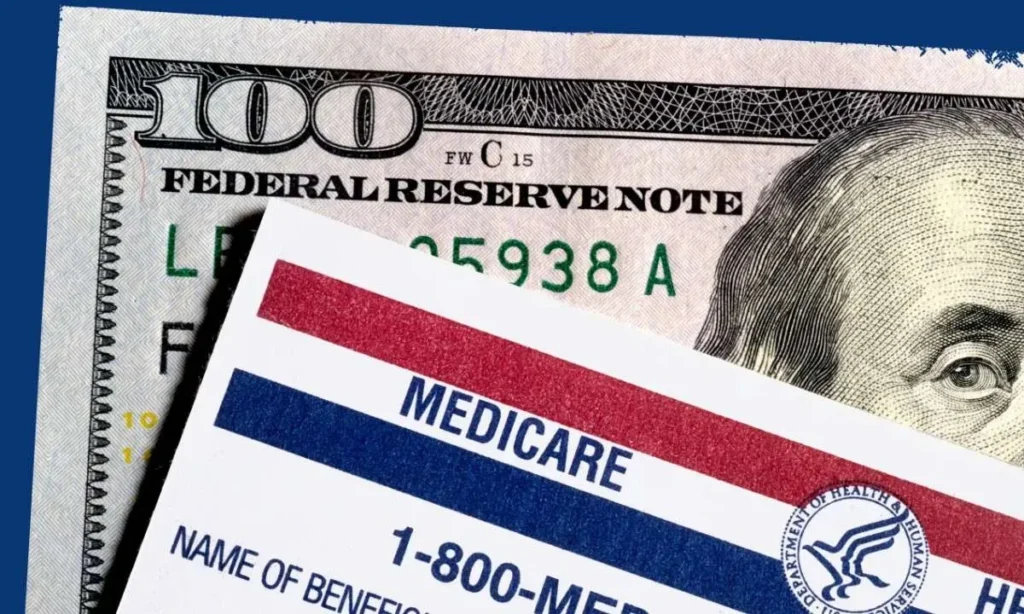Since its creation in 1965, Medicare has been the safety net for older Americans and people with disabilities, ensuring millions receive hospital and medical coverage without facing overwhelming bills. But nearly six decades later, the landscape of healthcare has changed dramatically. Seniors are living longer, medical technology has advanced, and costs have climbed faster than most retirees can manage.
To meet these changing needs, Congress and the Centers for Medicare & Medicaid Services (CMS) are working on major reforms that could expand what Medicare covers from adding dental, vision, and hearing benefits to lowering the eligibility age and reducing prescription drug prices. These proposals are part of an effort to make healthcare more affordable and complete for today’s retirees.
Table of Contents
Why Policymakers Want to Expand Medicare
Healthcare in America has become increasingly expensive, and Medicare hasn’t kept up with the needs of modern retirees. While it remains one of the most trusted programs in the country, there are major gaps in what it covers. Many seniors are forced to buy supplemental insurance or pay out of pocket for basic care.
Rising costs for hospital stays, doctor visits, and prescription drugs are just one part of the problem. Routine services like dental checkups or eye exams which are critical for long-term health are excluded from traditional Medicare. That leaves millions of seniors vulnerable, especially those living on fixed incomes.
Proposals That Could Change Medicare Forever
The new expansion ideas under review aim to make Medicare more comprehensive and fair. Among the most discussed proposals are adding dental, vision, and hearing coverage, lowering the eligibility age, and strengthening prescription drug reforms.
Adding coverage for dental visits, eyeglasses, and hearing aids is one of the most significant changes. Poor dental care has been linked to heart disease and diabetes, while hearing loss can lead to cognitive decline and isolation. Covering these areas would not only improve quality of life but could also lower hospital admissions and overall healthcare costs.

Another major reform involves prescription drugs. Under the recent Inflation Reduction Act, Medicare gained limited power to negotiate drug prices, but the new proposals would go further. They aim to expand price negotiations to more medications, limit price hikes tied to inflation, and reduce annual out-of-pocket spending for seniors.
Perhaps the most ambitious idea is lowering the Medicare eligibility age from 65 to 60, or even 55. That would allow millions of Americans many of whom face steep private insurance premiums to join the program earlier. Supporters say it would save lives and ease financial stress, though critics warn it could strain Medicare’s finances.
How the Government Plans to Pay for It
Expanding Medicare will come with a big price tag. Lawmakers are considering several funding options to make the changes sustainable without endangering the program’s future.
| Funding Option | How It Works |
|---|---|
| Higher payroll taxes | A small increase for high-income earners to support expansion |
| Prescription savings | Use savings from negotiated drug prices to fund new benefits |
| Premium adjustments | Slightly higher rates for wealthier retirees |
| Federal funding support | General tax revenue transfers to balance long-term costs |
According to the Congressional Budget Office (CBO), the savings from prescription price reforms alone could cover a significant portion of new benefits if carefully managed.
What These Changes Could Mean for You
If these proposals become law, the impact for retirees could be substantial. Seniors would no longer have to choose between dental care or paying bills. Out-of-pocket expenses for prescription drugs would drop, and coverage could begin earlier for those in their late 50s or early 60s.
The added benefits could greatly improve quality of life for millions of older Americans, particularly those who currently skip routine care because of cost. Seniors with low or moderate incomes would be the biggest winners, gaining access to services that were once out of reach.
However, the expansion is not without concerns. Experts warn that extending coverage too quickly without securing stable funding could hurt Medicare’s long-term solvency. There’s also the possibility that higher-income retirees could see slight increases in taxes or premiums to help finance the reforms.
Key Takeaways You Should Know
Even though no law has been finalized yet, it’s smart for retirees and those nearing retirement to prepare. Here are a few important points to keep in mind:
- Stay informed: Follow updates from Medicare.gov and CMS Newsroom.
- Compare plans annually: Review your Medicare options each year during open enrollment.
- Plan for expenses: Even if coverage expands, supplemental plans can still help with extra costs.
- Engage and advocate: Seniors’ voices matter support the proposals you believe in by reaching out to lawmakers.
Frequently Asked Questions (FAQs)
Q1. Will Medicare cover dental and vision care soon?
Not yet, but Congress is considering adding these services. Some Medicare Advantage plans already include limited coverage.
Q2. Is the Medicare age definitely dropping to 60?
No final decision has been made. The proposal has strong public backing but still needs approval from Congress.
Q3. How will these new benefits be funded?
Possible funding includes tax adjustments for high earners and savings from Medicare’s new power to negotiate drug prices.
Q4. When could the new coverage begin?
If passed in 2025, the first changes may start appearing by 2026 or 2027.



